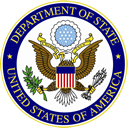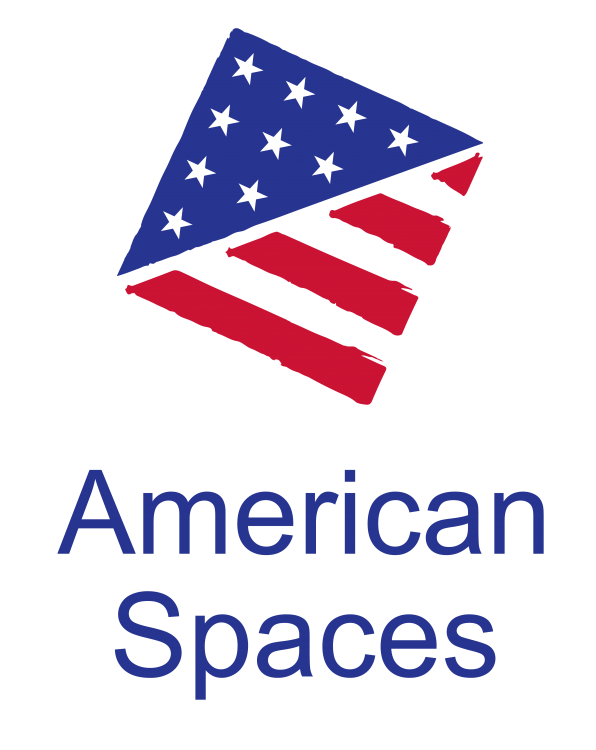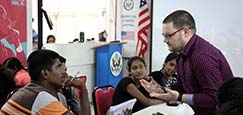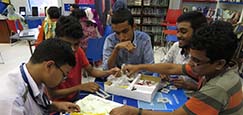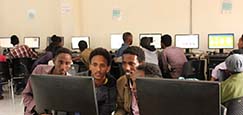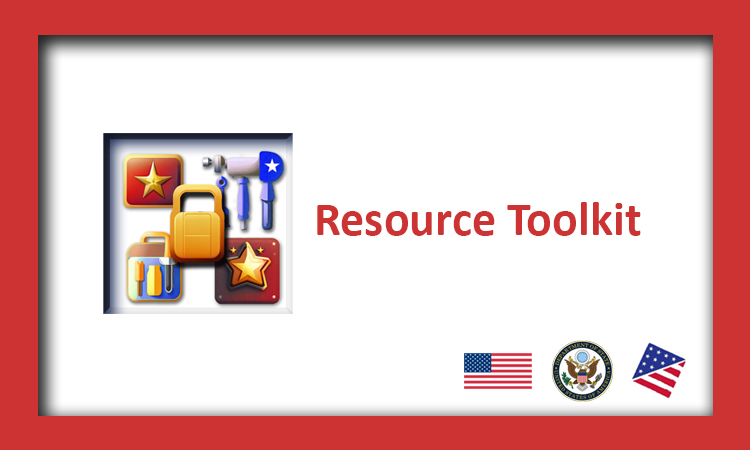FIGHTING CORRUPTION
PROGRAM TOOLKIT FOR AMERICAN SPACES
This Resource Toolkit is designed for programming at American Spaces to create a greater awareness of corruption and assist American Spaces’ programming for fighting corruption.
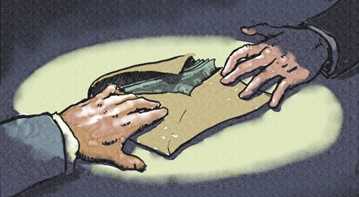
PUTTING A STOP TO CORRUPTION
Report Corruption
Contribute to or start an anti-corruption website, or go to local or federal authorities to report corruption.
Keep Watch and Follow the Money
Keep track of when promises are not met, then follow the money to find out why.
Raise Awareness
Put up posters, hold an event, pass out fake money with anti-corruption messages, start a social media campaign… inform your community about how corruption affects them.
Form or Join a Group
Get together a group of people who are concerned about corruption and work together.
Petition and Protest
Petition for official inquiries into corruption or give your government citizen report cards.
WHAT IS CORRUPTION?
Corruption is the abuse of one’s position in an organization for personal gain. Corruption can come in various forms, including bribery, misuse of funds or extortion.
WHAT IS THE BIG DEAL?
Corruption is an obstacle to economic and social development. It harms all of society, particularly those in minority or vulnerable groups. It can have the effect of weakening governments, taking money away from public services and discouraging foreign investment.
THE FOREIGN TRADE CORRUPT PRACTICES ACT
The Foreign Corrupt Practices Act (FCPA) is a U.S. federal law that prohibits individuals and businesses from paying bribes to foreign government officials in order to obtain or retain business. The law applies to U.S. citizens and companies, as well as foreign companies that trade on U.S. exchanges or engage in transactions that pass through U.S. banks. The FCPA contains both anti-bribery provisions and accounting provisions that require companies to maintain accurate and transparent records of their financial transactions. Violations of the FCPA can result in significant fines, criminal penalties, and damage to a company’s reputation.
RECOMMENDED RESOURCES
Transparency International provides in-language videos and other resources for anti-corruption programming.
International Anti-Corruption Academy has many open access articles about anti-corruption efforts all over the world.
ADDITIONAL RESOURCES
- Share America: To support democracy, fight corruption
THINGS TO DISCUSS
- What are some types of corruption you have observed? In your local community? In your coun- try? In the world?
- How does corruption affect you and your community? What consequences has corruption had on the community?
- Is there ever a time when bribery, misusing funds or extortion is acceptable? What if a bribe is the only way to get something done quickly or at all? Is it okay to give or accept a bribe in that situ- ation? If yes, why? If no, how can you achieve your goal?
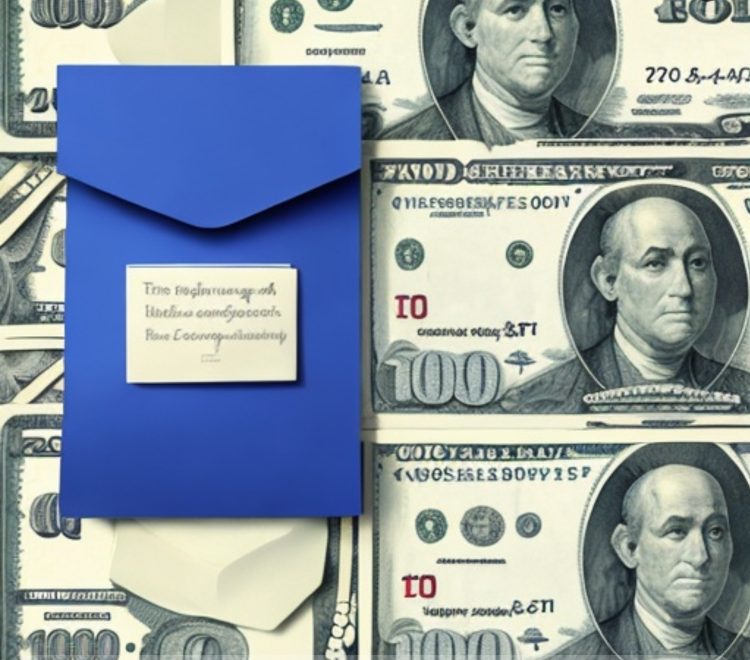
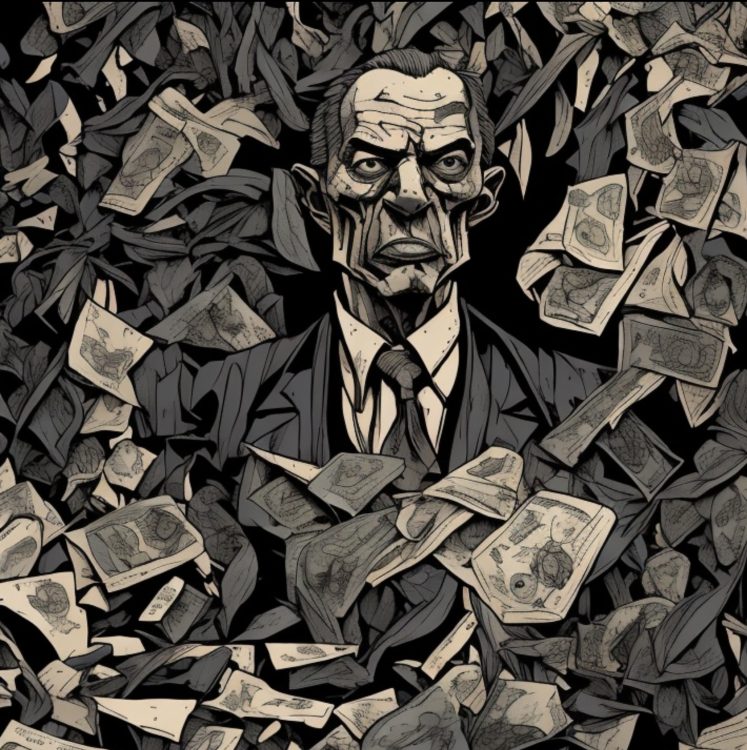
FILMS AND VIDEO: IS IT CORRUPTION?
- Show one of the regional specific Transparency International videos or the video below.
- Have the group discuss whether they think the situations described take place in their country.
ADVANCED: DEBATE (60 min)
- Split group into two. Debate question: Is it possible to wipe out corruption in our country? Assign Yes and No groups.
- Have each group spend 15-20 minutes researching and taking notes on their arguments.
- 30 minutes for debate: Each team gets to make 5-minute constructive arguments, conduct 3-minute cross examinations, and give 3-minute rebuttal arguments.
- At conclusion of debate, hold discussion with debaters and audience on issues raised.
- Optional: Judges made up of staff or audience participants choose winner based on logic of arguments.
The views expressed in these links and resources do not necessarily reflect those of the U.S. government.
Updated May 2024

